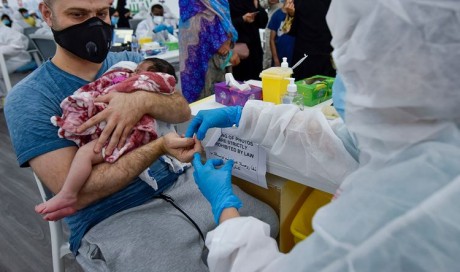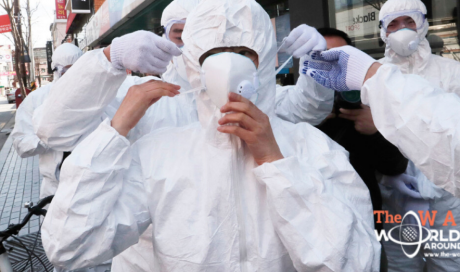“It is one of the fastest-growing industries in the Middle East and brands are beginning to realize the important of influencer marketing and redirect budgets accordingly,” Alexandra Williams, MD at iHC Influencer Marketing, told Arab News earlier this year.
“The ad-hoc nature of the business makes it very easy for brands to disconnect with an influencer potentially harmful for their image and move onto the next,” added Ian Hainey, CEO at the company.
In the video Al-Qattan grumbled: “The new laws that have been passed are like a pathetic film. For her (domestic worker)to take a day off every week, that’s four days a month. Those are the days that she’ll be out. And we don’t know what she’ll be doing on those days, with her passport on her.”
She later responded to negative media coverage by saying the backlash against her remarks was an attack on her as a hijab-wearing woman, the state of Kuwait and Islam as a whole.
Her failure to apologize made the situation worse, Massimi said, adding that his agency would “never suggest her name in the future to our partners. I’m sure that’s the conclusion of many other agencies in the region.” After this, he said, “It would be suicidal for any brand to continue working with her.”
Cosmetics Giant Max Factor Arabia said it was “shocked” at Al-Qattan’s remarks and Chelsea Beautique posted a statement on Twitter saying: “We believe that decent working conditions should be provided to everyone and such behavior does not represent our brand’s core beliefs.”
The new law follows a dispute between Kuwait and the Philippine President Rodrigo Duterte after he imposed a partial ban on workers traveling to the Gulf country when the body of a murdered Filipino maid was found in a freezer.
About 60 percent of the 250,000 Filippinos in Kuwait are domestic workers and the country has been under pressure from the international community to improve a system that human rights groups have described as a breeding ground for poor working conditions.
“Sadly, I think too many brands just throw money at influencers and make some very big decisions in a rush and without doing proper research into things often far more important than numbers,” said Natasha Hatherall-Shawe, founder of TishTash Marketing & Public Relations.
“If Sondos had come out with some humility and remorse, apologizing for her comments and explaining maybe why they were out of context or showed some lack of judgement, then we could be in a different situation today than we are.
“I have rarely today seen any influencer so vilified and not just on a regional level, but globally too and this is a very tricky place to come back from,” she said.
Share This Post














